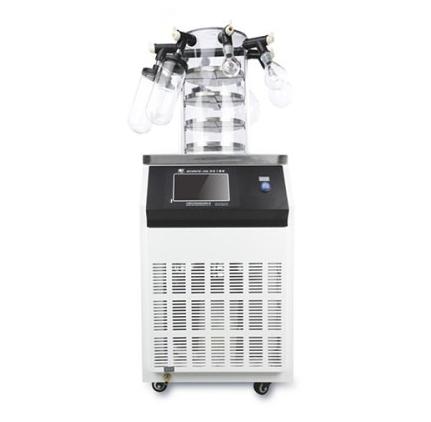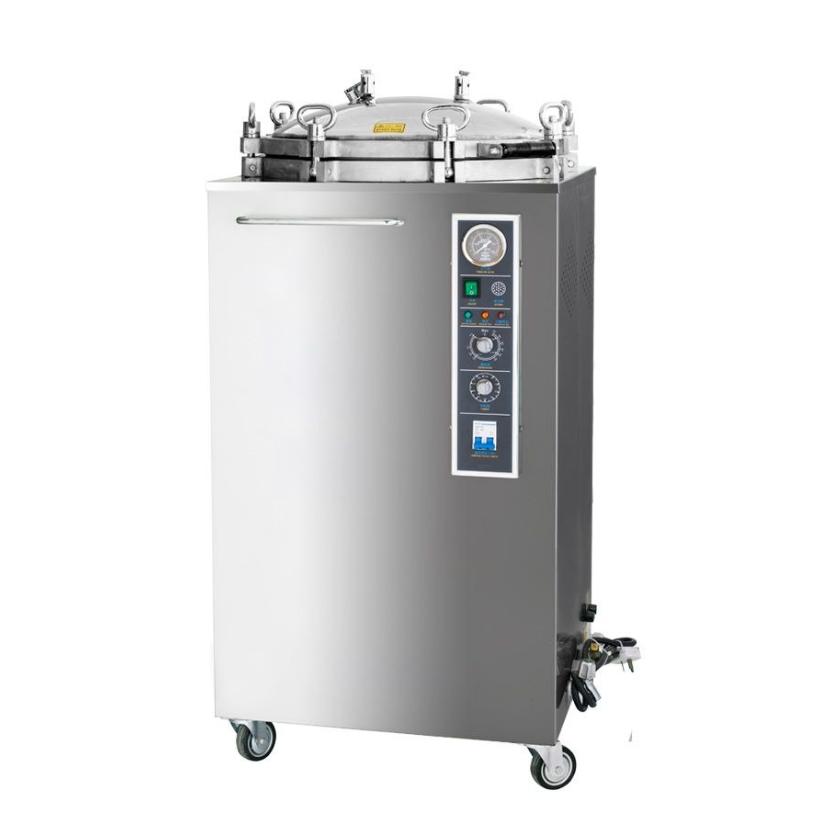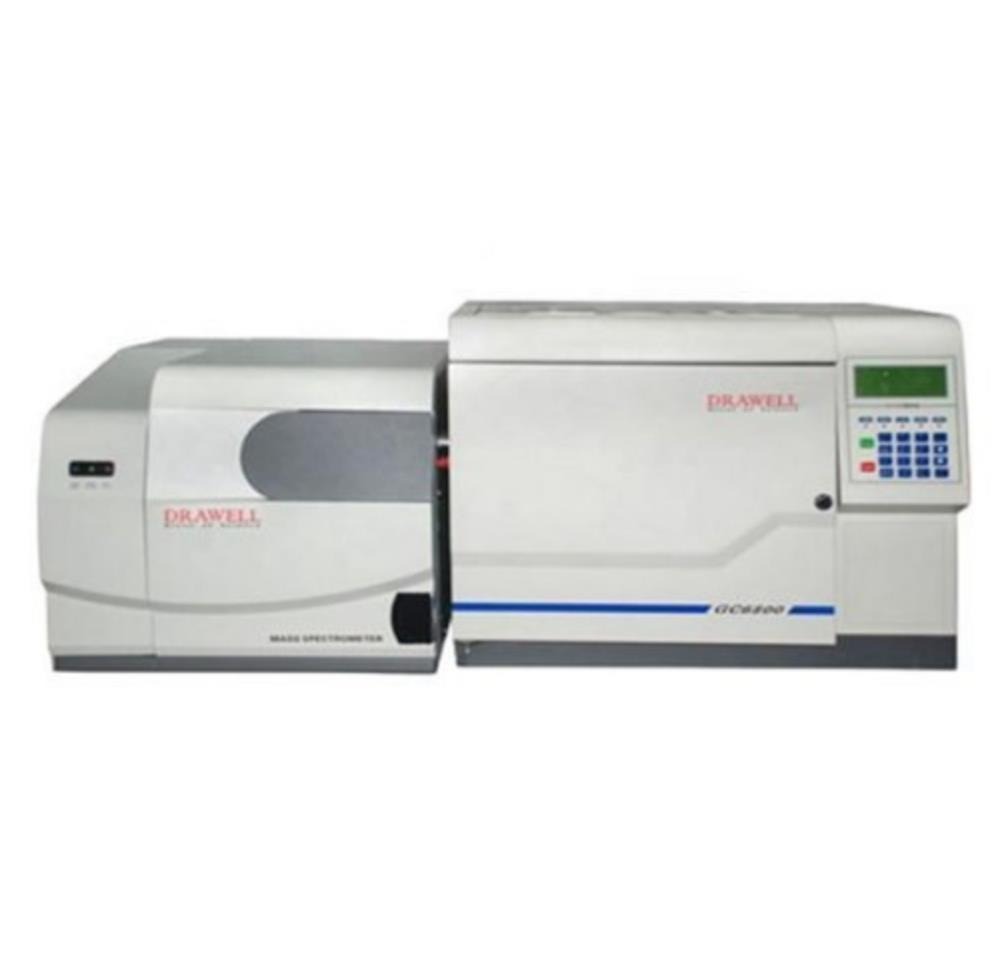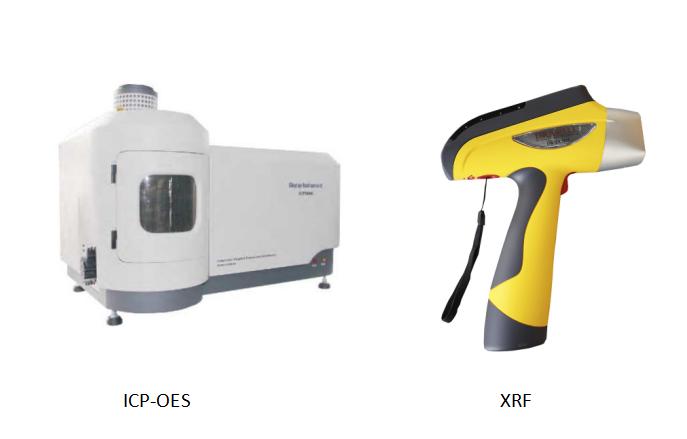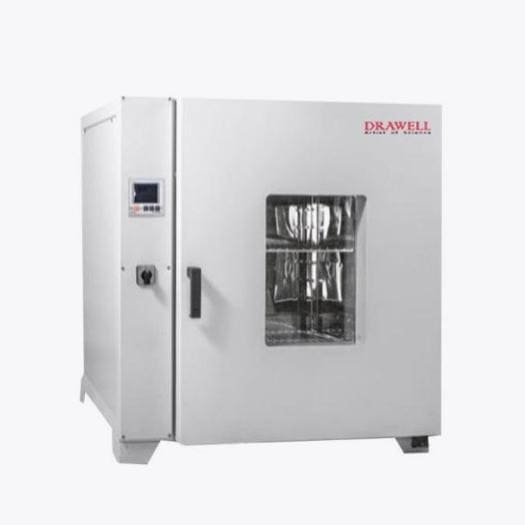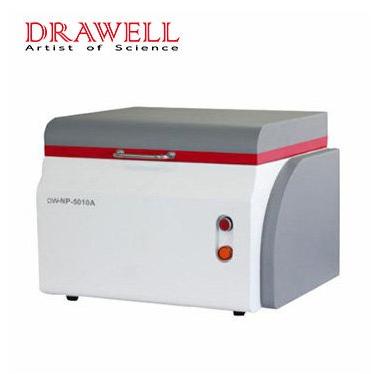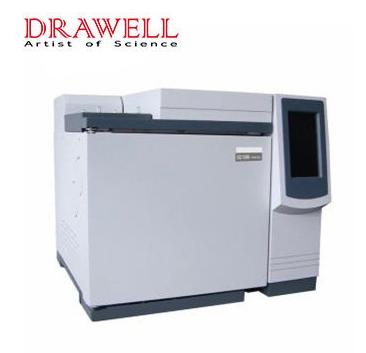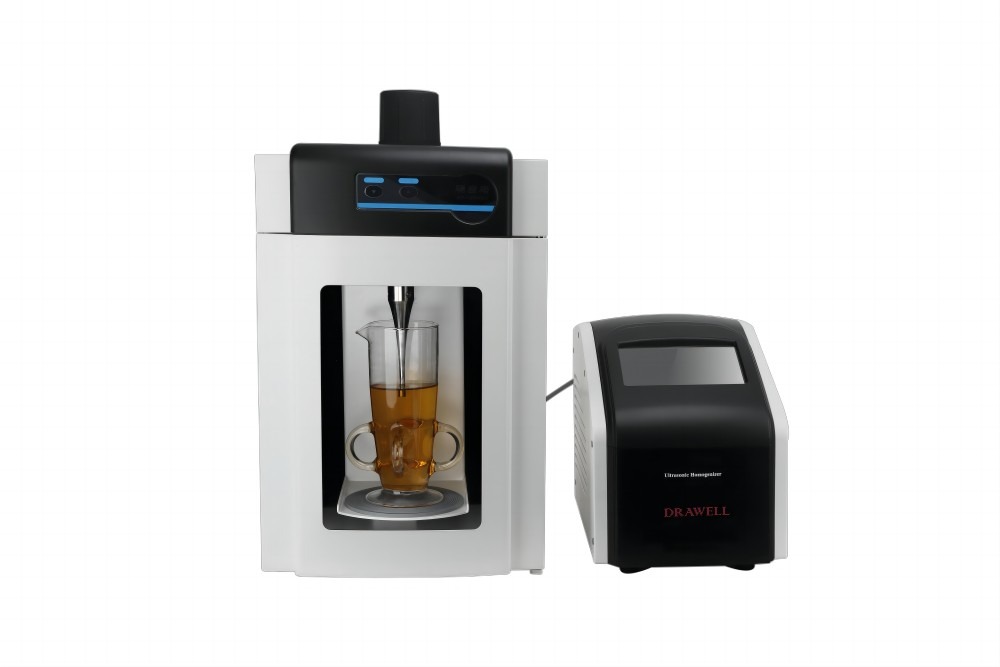News
The Crucial Role of Freeze Dryers in Preserving Plant-Based Foods
As the demand for plant-based foods continues to soar, innovative preservation methods are crucial for maintaining the quality, flavor, and nutritional value of these products. freeze drying has emerged as a powerful technique for maintaining the quality of plant-based foods. In this article, we explore the significance of freeze dryers in revolutionizing the preservation of plant-based foods. Understanding Freeze…
Precision Sterilization: Exploring Steam Autoclaves for Surgical Instruments
In the realm of surgical procedures, ensuring the utmost cleanliness and sterility of instruments is paramount to patient safety and successful outcomes. Precision sterilization methods play a pivotal role in preventing infections and reducing the risk of complications. Among the array of sterilization techniques, steam autoclaves stand out as a reliable and efficient solution for achieving…
Innovations Transforming Sample Preparation Techniques for GC-MS Analysis
Sample preparation is an important stage in gas chromatography-mass spectrometry (GC-MS) analysis, as it influences the accuracy, sensitivity, and reliability of the results. Over the years, significant innovations have been made in sample preparation techniques to enhance sensitivity, selectivity, and efficiency in GC-MS analysis. This article delves into the recent advancements in sample preparation methods, highlighting their…
Sample Preparation for XRF Analysis: What are the Samples and How to Prepare
X-ray Fluorescence (XRF) analysis stands as a powerful analytical technique widely utilized in various industries for elemental analysis. Whether it’s environmental monitoring, mining, pharmaceuticals, or materials science, XRF analysis provides valuable insights into the elemental composition of samples. However, to ensure accurate and reliable results, proper sample preparation is crucial. In this article, we delve into…
Why Select Infrared Fast Drying Ovens in the Nanomaterial Synthesis and Processing?
In the nanomaterial synthesis and processing, speed and efficiency are paramount. Traditional methods can need lengthy processing times, which impedes the quick development and deployment of nanotechnology. However, with the advent of infrared fast drying ovens, researchers and industrialists have found a promising solution to expedite the synthesis and processing of nanomaterials. These innovative drying ovens harness the power…
Analyzing Gold with Precision: Benchtop XRF Solutions
Gold, a timeless symbol of wealth and beauty, requires accurate analysis to determine its purity and value. Traditionally, fire assay, a meticulous process involving high heat and harsh chemicals, dominated gold analysis. However, modern technology offers a faster, safer, and equally precise alternative – Benchtop X-Ray Fluorescence (XRF) spectrometry. Why Using Benchtop XRF in…
X-Ray Fluorescence (XRF) Spectrometers: Unveiling the Elemental Makeup of Materials
X-ray fluorescence (XRF) spectrometers are powerful analytical tools used to identify and quantify the elemental composition of a wide range of materials. This non-destructive technique utilizes the principle of X-ray fluorescence, where a material emits characteristic X-rays when bombarded with high-energy X-rays. By analyzing the emitted X-rays, scientists can determine the elemental makeup of the sample…
Revolutionary Power of Miniaturized and Microchip Chromatography
With the introduction of miniaturized and microchip chromatography systems, chromatography, a versatile and strong analytical tool, has experienced a remarkable revolution. These cutting-edge technologies provide unparalleled benefits in terms of speed, efficiency, and portability, transforming the landscape of analytical chemistry. In this article, we explore the principles, applications, and benefits of miniaturized and microchip chromatography….
The Significant Role of Homogenizers in Microbiology
Homogenizers have become indispensable tools in microbiological research, serving as critical components in sample preparation for analyses ranging from DNA extraction to protein isolation. This article focus on the topic of homogenizer in microbiology, exploring the significance homogenizers, shedding light on their mechanisms, applications, and the transformative impact they have on scientific research. Understanding the Role of Homogenizer…
What is the Role of Density Meters in Dairy Production
The dairy industry is a vital component of the global food supply chain, providing essential products like milk, cheese, yogurt, and butter to consumers worldwide. Central to the production of these dairy goods is the precise control of milk properties throughout various processing stages. Density meters play a crucial role in ensuring the quality, consistency, and…


